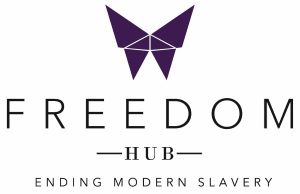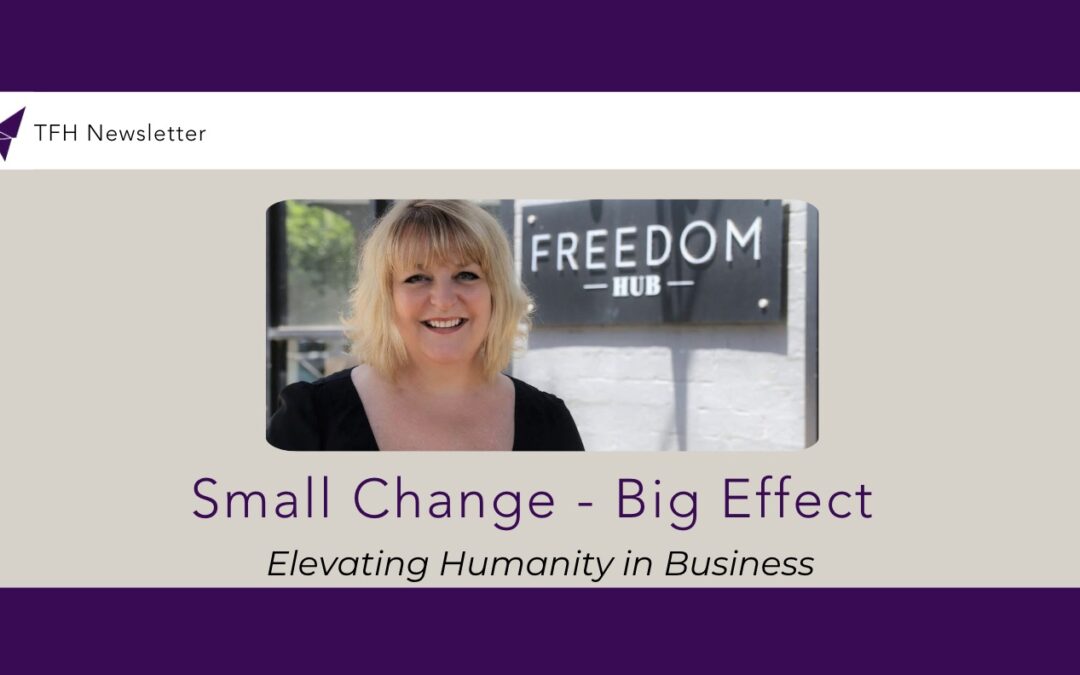The Role of Business in Creating Social Value
written by Sally Irwin
Social Value? How can your business do well while doing good?
In a world increasingly driven by social impact and sustainability, businesses have a unique opportunity to lead the charge. By embedding ethical practices and Environmental Social and Governance (ESG) strategies, companies don’t just meet regulatory standards; they create lasting social value. Whether adopting transparent supply chains or championing fair labour practices, these initiatives resonate with customers, stakeholders, and employees alike.
Take Australia’s Modern Slavery Act (2018), for example. Compliance isn’t just a legal obligation—it’s a chance to stand out as a leader in ethical business. Companies prioritising these principles find benefits beyond their bottom line: enhanced reputation, customer loyalty, and long-term profitability.
Let’s explore how your organisation can lead the way in creating a fairer world.
Creating Social Value
As the global economy evolves, businesses are realising the power they hold in driving social change. No longer is it enough to focus solely on profit; today’s leading companies are embracing their roles as agents of social value. Over the last few years, I have spent many hours training and equipping businesses that genuinely want to make a difference. Some of these include large ASX100 firms that want an impact globally. There is no doubt in my mind that if a company prioritises ethical practices and sustainability, they are stepping up to address some of society’s most pressing challenges and showing leadership in a world that needs changing.
One significant area where Australian businesses can make a difference is through compliance with laws like Australia’s Modern Slavery Act (2018). This legislation requires organisations over $100m in consolidated revenue to report on efforts to eradicate modern slavery in their supply chains. While compliance for these large companies is legally necessary, there is plenty of opportunity for smaller companies to comply and put their name on the public national register in a voluntary capacity. This not only adds them to the growing list of Australian companies demonstrating leadership in ethical business practices, but it also opens up new market opportunities as an ethical company.
Creating Shared Value:
Ethical business models are about more than meeting legal requirements. Companies that invest in fair labour practices, transparency, and sustainable sourcing build trust with consumers, strengthen their brand reputation, and gain a competitive edge. For instance, businesses that audit their supply chains and partner with ethical suppliers often report improved operational efficiency and stronger stakeholder relationships.
The Commbank Consumer Insights report on Social Purpose found:
“The value of purpose leads to greater customer loyalty and support.”
This report also found that
- 1 in 3 Consumers actively seek out brands that share their values
- 59% of consumers engage with brands’ messaging about social purpose, including 77% of Generation Z and
70% of Generation Y
Impact Beyond the Bottom Line:
Embracing social value benefits employees and communities as well. Workers in ethical supply chains report greater satisfaction, while consumers increasingly choose brands aligned with their values. Research shows that companies actively pursuing ESG goals achieve better long-term financial performance. The ripple effect is undeniable—from boosting employee morale to reducing environmental footprints, ethical decisions benefit all.
One research journal I have read states two benefits as:
- Reputation and legitimacy: improved public perception of the firm and increased acceptance of its operations, facilitating the firm in attracting valuable resources (such as talented employees), overcoming barriers (such as obtaining public permissions), and reducing external monitoring. –
- Synergistic value creation: new opportunities and knowledge generated by activating societal learning through better connection with stakeholder interests.
My top three actionable tips for every business starting this journey are:
- Start Small. This is a long journey for everyone, but it’s better to get started than delay. Set one or two realistic goals for 2025 and include them in your budget. #smallchangebigeffect
- Find Champions: Once you have those goals in place, find one or two champions in your business or department to ensure a strategy is designed and followed to achieve those goals. Large companies should have a modern slavery working group that involves someone from Legal, HR, and Procurement as well as People & Culture. Smaller businesses need to find someone who has a passion and time to etch away at these goals.
- Celebrate the Wins. Focussing on each step is better than seeing the whole big problem of how far your company (& the world) needs to go. Let your customers, stakeholders and employees know what you have achieved. This will have a ‘big effect’ on your company’s reputation and social value.
For many businesses, the question isn’t whether to create social value but how. It starts with a commitment to doing what’s right, even when challenging. By embedding people-first ethics into every level of operations, supply chain tiers and stakeholders you are partnered with, you can be catalysts for a fairer and more sustainable future.
Do you want to explore how your organisation can lead the way? Visit The Freedom Hub’s Ethical Business page for actionable insights and strategies we can help you with.
You can do this!

